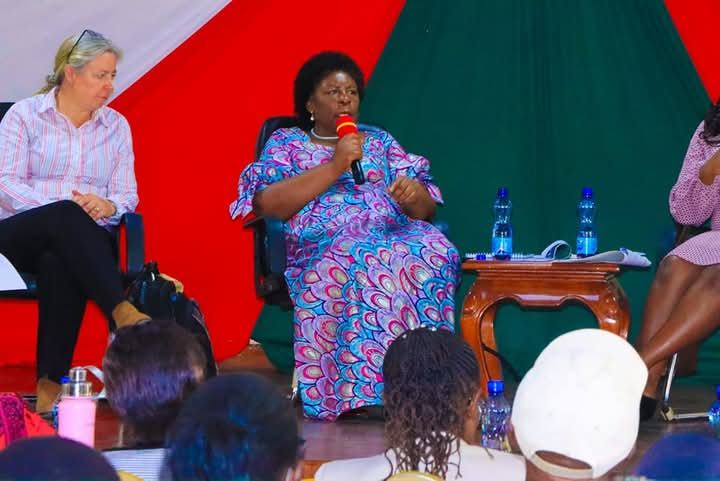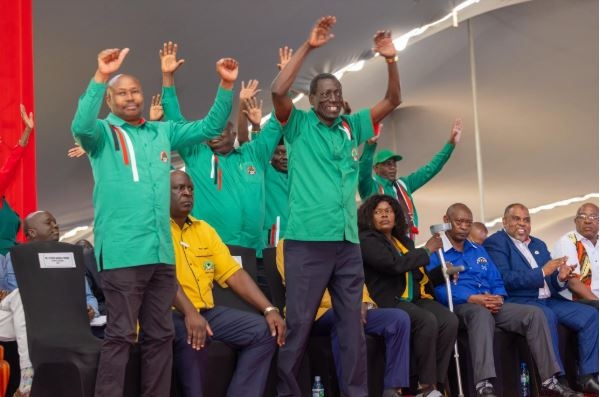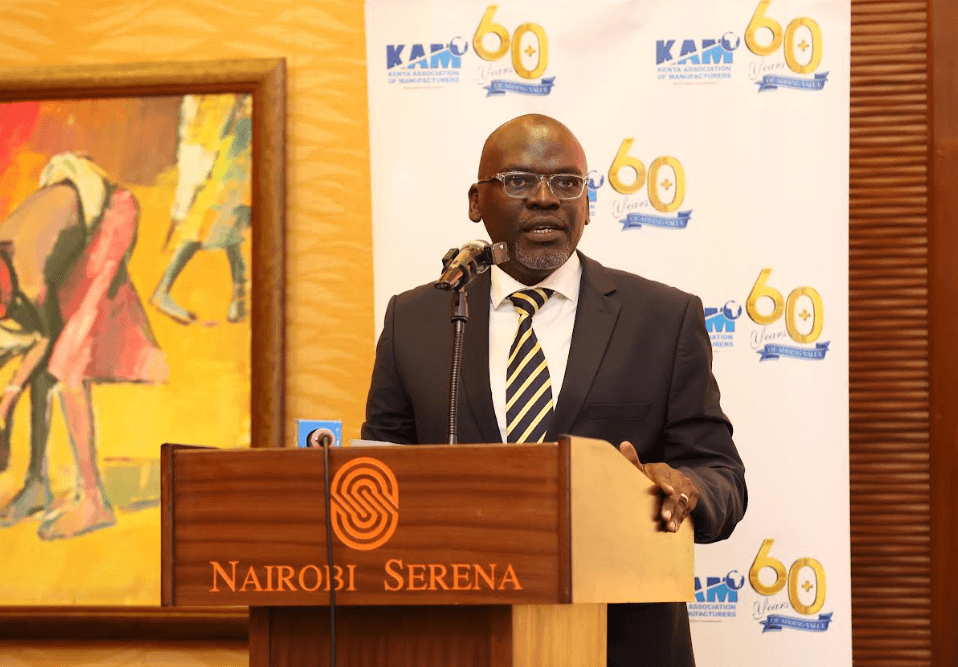
The fight against Gender Based Violence (GBV), including femicide, has received a boost after the government successfully concluded a public participation exercise across the 47 counties on Wednesday, May 28.
The Government, through the Presidential Technical Working Group on Gender-Based Violence, including femicide, has engaged residents across the country.
Community leaders, survivors, and gender rights organisations have shared recommendations on how to address GBV, including femicide.
Speaking on Wednesday during a public participation exercise in Kibra, Nairobi County, the Technical Working Group on GBV Chairperson Nancy Baraza said addressing the rising cases of GBV, including femicide, effectively requires not only policy interventions and legal frameworks but also the active involvement of the public in prevention, response, and advocacy efforts.
“The government recognises public participation and plays a critical role in involving communities directly in prevention, response, and advocacy efforts,” said Baraza.
“The government recognises public participation plays a critical role in involving communities directly in prevention, response, and advocacy efforts”, said Baraza, adding that involving the public in policymaking ensures that GBV laws and interventions are responsive and inclusive.
Baraza said the working group had toured different counties across Kenya to gather public views, identify root causes, and assess the extent of GBV and femicide countrywide in efforts by the government to curb the menace.
“We have gone around the country and we have received massive information regarding GBV, including femicide,” she said.
The chairperson observed that GBV, including femicide, continues to be a pervasive and deeply rooted issue in the country, cutting across cultures, socio-economic statuses, and geographies.
“We have uncovered what we did not even anticipate, very high levels of GBV of all forms and to everybody, including children”, said Baraza said adding that survivors, women’s organisations, and community groups brought unique insights that help tailor solutions to local realities.
Baraza said that culture has come out as a strong contributor to GBV, including femicide. Silence around the issues is attributable to culture, a culture of silence.
“Despite its prevalence, there’s an alarming silence surrounding GBV in communities, institutions, and even within families”, she said, adding that people who dare come out to report these cases are ostracised.
She noted that the country has many cases of child defilement across the country, as well as sodomy of boys as young as three to four years old. And this is happening in social spaces of the home.
“Cases of defilement, of sodomy, of incest are going on and are witnessed across the country, but reporting is a problem,” she said, adding that the culture of silence in GBV is not just a symptom-it’s part of the problem.
“Our country’s social structure is almost in shambles when we are having children of that age defiled by parents, by brothers and men in the society,” she said
"Even your neighbour, your immediate neighbour, undergoing domestic abuse, we don't take it as something that we can report. And this kind of abuse is the one which now ends up in femicide.”
She said regarding femicide, we need to understand that human life needs to be respected, that the lives of men and women matter. And the issue of femicide should be treated with the seriousness that it deserves.
“The rising cases of femicide is very worrying and we are hearing several versions of femicide,” she said, adding that men ought to stop these heinous acts of killing young girls and women.
She said there needs to be a complete change of our mindset to appreciate that these are violations of human rights and that they need to be taken seriously.
She said that some of the concerns raised during the exercise include being lack of adequate funding and a lack of safe shelters for victims of GBV, which are hindering efforts to curb the cases of GBV.
“From around the country, what we are hearing is that the resources allocated in areas that can deal with GBV are not sufficient. There is inadequate funding for policing work. There is inadequate funding in prosecutorial work, and some counties have no safe shelters," she said
She urged the police to take their work seriously when they receive reports of GBV cases, and should not be callous. When issues of GBV or domestic violence is reported to the police, we have heard that they are not taken seriously.
“Cases of GBV take too long in the courts to get completed. And that interferes with justice for the victims,” she said.
According to the Chairperson, now that they have finished with the public participation exercise, they still have a few stakeholder engagements. Then, after that, they shall retreat to go and study all this and to put the report together.
“I think as Kenyans, as the group, we are happy that this opportunity has been created for Kenyans because they have had a platform through which to talk, to express themselves”, she said.
The initiative, established by President William Ruto in January, was originally given 90 days to deliver a report.
The mandate was later extended, with the final report now expected by June 8.
















